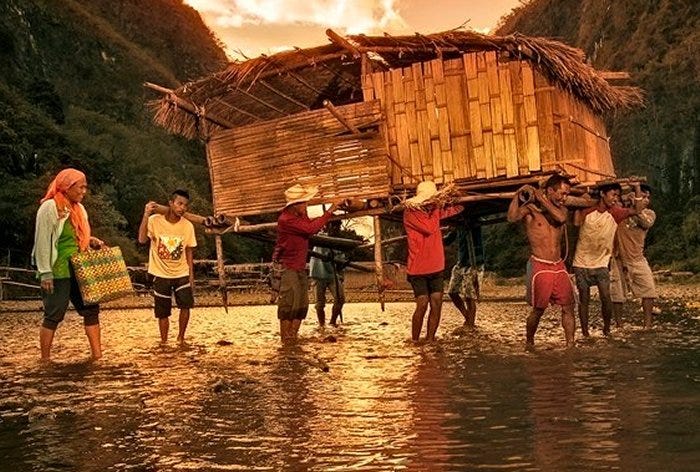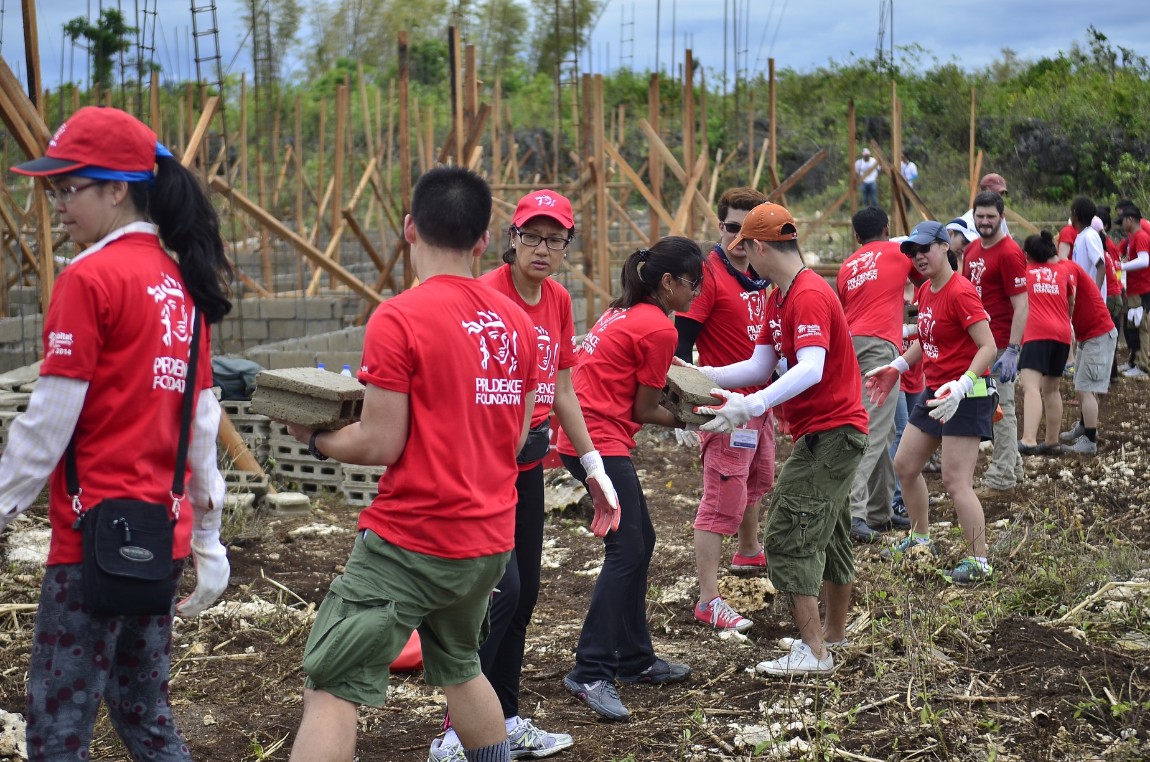The only key to have a resilient county
is the people who live on it. Filipinos are known for their resilience,
which is the ability to endure and bounce back from adversity. This resilience
is often attributed to their strong sense of community, faith, and adaptability
in the face of natural disasters, economic challenges, and various hardships.
It's a quality that has been consistently demonstrated throughout Philippine
history and has helped the country and its people overcome numerous challenges.
We have so many ways on how to have a resilient country not just helping fellow
men but also reduction is a wise strategy for individuals, businesses, and
governments. It involves allocating resources to mitigate potential risks and
enhance the ability to respond to emergencies. sharing of
information's and knowledge's is also a way on how to help the
Philippines be resilient. Investing in preparedness and risk
reduction not only reduces the impact of crises but also enhances the overall
stability and well-being of individuals, businesses, and societies.
Building a resilient
country involves a comprehensive approach that encompasses various aspects of
society. Building resilience is an ongoing process that requires long-term
commitment and cooperation at various levels of government, private sector, and
civil society. It's about minimizing vulnerabilities, maximizing adaptability,
and preparing for the unexpected to ensure a country can withstand and recover
from any crisis. The Philippines, an archipelago of breathtaking beauty and
rich cultural heritage, is a nation like no other. Beyond its enchanting
landscapes and pristine beaches, the true heart of the Philippines lies in the
spirit and resilience of its people, the Filipinos. Resilience is a defining
trait of the Filipino people. This resilience has been tested time and time
again, as the country faces a constant barrage of natural disasters, from
typhoons to earthquakes. Yet, in the face of adversity, Filipinos stand firm.
They are a beacon of strength, uniting as a community to rebuild their lives
and their nation. This resilience is not just a reaction to external
challenges; it's a testament to the unwavering faith and indomitable spirit
that courses through the hearts of every Filipino.
The concept of
"Bayanihan," deeply ingrained in Filipino culture, embodies this
resilience. It signifies a collective effort, a communal spirit where neighbors
come together to help one another, especially during difficult times. Whether
it's rebuilding a house after a typhoon or supporting a family in need,
"Bayanihan" underscores the importance of unity and the profound
bonds that tie Filipinos together. From the bustling streets of Manila to the
serene shores of Palawan, the Philippines offers a wide array of experiences.
Yet, it's the Filipinos themselves who are the real treasures of this nation.
Their unwavering spirit, strong sense of community, and open hearts create the
true heart of the Philippines, beating with resilience, warmth, and an enduring
spirit that inspires and welcomes all who have the privilege to know them.
In the heart of the Philippines, there is an unbreakable bond among its people,
transcending geographical boundaries and encompassing a shared heritage of
resilience, hospitality, and unity. The Filipinos are not just the citizens of
this nation; they are its life force, its soul, and its true heart.
Filipinos are known for their religiosity or strong
religious beliefs. Religion, particularly Christianity, plays a significant role
in the culture and lives of many Filipinos. The Philippines is a predominantly
Christian country, with a majority of the population being Catholic. Many
Filipinos exhibit a deep sense of faith, often incorporating religious
practices and values into their daily lives and social interactions. Throughout
history of the Philippines, humanity has faced numerous crisis - natural
disasters, wars, pandemics, economic collapses, and personal hardships. In
these times of desperation and uncertainty, many people have turned to their
faith in God for solace and strength. we have God as a source of comfort, hope,
and resilience. Many find reassurance in the idea that they are not alone in
their struggles, that there is a benevolent force that watches over them, and that
their suffering is part of a greater plan. This faith can bring a sense of
peace and acceptance, allowing individuals to endure hardships with resilience
and grace.
Resources for the images :
-https://ak.jogurucdn.com/media/image/media_gallery-2020-02-18-11-25859337362_b370798d13_c_671ad5ea9f7b82ebfcd1b9bea37d8955.jpg
-https://images.squarespace-cdn.com/content/v1/58d9edf83e00be9257bad0c9/1605838221496-IGD5DJ65D9VWQS0FTJPP/Vamco.jpeg
-https://miro.medium.com/v2/resize:fit:700/1*gwiSEOLPtyaikTTkz_AMjQ.jpeg
-https://www.prulifeuk.com.ph/export/sites/prudential-ph/en/.galleries/ima
-https://s.wsj.net/public/resources/images/WO-AQ295_PHILST_G_20131118154441.jpg









No comments:
Post a Comment